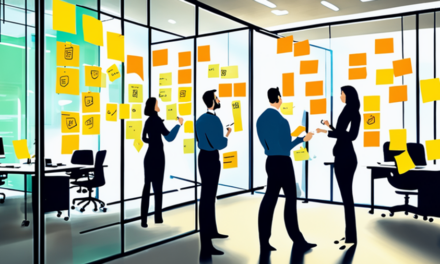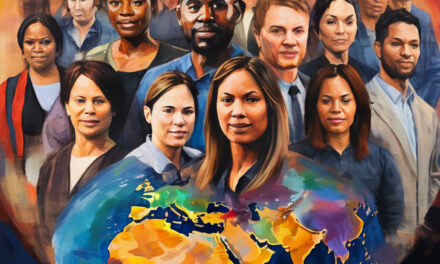The UK is currently facing an acute shortage of skills across various sectors, including technology, banking and medicine.
According to the Department for Education’s latest Employer Skills Survey, nearly a third of all job vacancies in the country were due to a skills shortage.
This has now become a priority issue for the new Labour government, which is looking to address this through unified training. But, as they start to put policies in place to enable workers to learn, progress and retrain throughout their working lives, innovative solutions are needed to transform traditional learning environments and meet the demands of the modern workforce.
Fortunately, gamification (the process of integrating game mechanics into non-game contexts) is quickly becoming a powerful tool in education to enhance learning experiences. By incorporating game-like elements such as point scoring, leaderboards, and challenges, gamified education platforms and practices engage learners on a level that goes beyond participation – something that traditional methods often fail to achieve. This interactive approach makes learning more enjoyable and enhances retention and the application of knowledge.
Taking this even further is impact gaming. Impact games are purposefully designed games that delicately balance learning with entertainment to offer the most optimal user experience. Offering a dynamic approach to skill development and training, impact games are actively revolutionising the experiential learning space.
Making an Impact with Gaming
Because organisations must take a long-term approach when it comes to workforce education and training, integrating impact gaming into the educational framework could be a key strategy in addressing the skills shortage. By leveraging the engaging nature of gaming, impact games offer an effective solution that aligns with the needs of modern learners as well as the demands of the contemporary job market.
Incorporating educational games into learning programmes to complement traditional teaching methods can provide a more comprehensive learning experience by empowering learners to demonstrate and apply their skills, knowledge, and abilities in various contexts. Through games, learners are also able to receive instant feedback, allowing them to conduct independent learning, correct mistakes in real-time and deepen their understanding of the material.
The use of game and simulation-based training in higher education or workplace settings is also proving to be hugely valuable—able to replicate the complex interactions, structures, and feedback mechanisms of real-world scenarios, paving the way for a transformation in training and educational practices across multiple disciplines and industries.
Unique, personalised learning using technology, AI and big data
To get the most from impact gaming, education providers should harness big data analytics and AI to personalise learning experiences. Through analysing learners’ interactions with gamified platforms, educators can gain insights into their strengths, weaknesses, and learning preferences. This data-driven approach enables the creation of tailored learning paths that cater to individual needs, ensuring that each student can progress at their own pace, achieving the best possible outcomes. This level of customisation improves educational outcomes and prepares students more effectively for the job market.
Meaningful learning experiences can be further enhanced using virtual reality and augmented reality. These technologies offer immersive, interactive environments that bring abstract concepts to life and simulate real-world scenarios in a controlled, risk-free setting. This allows learners to navigate complex tasks and solve problems in a dynamic, visually rich context, making the learning process more intuitive and engaging.
This approach is particularly powerful in reducing the skills gap, as it provides learners with the opportunity to develop and refine critical skills in a practical, experiential manner. Furthermore, VR and AR can cater to diverse learning styles, ensuring that individuals across different educational backgrounds and industries can acquire the competencies needed to succeed in today’s rapidly evolving job market.
The next steps
Bridging the skills gap in the UK is crucial for ensuring sustained economic growth and competitiveness. As industries rapidly evolve with technological advancements, there is a growing demand for a workforce equipped with relevant and up-to-date skills. Addressing this gap not only enhances productivity and innovation but also helps to reduce unemployment and underemployment.
Impact games have the unique ability to engage audiences on a large scale, making them powerful tools for effective skill development and personal growth. By creating immersive and interactive experiences, these games inspire behaviour change, helping businesses achieve their goals while empowering individuals to reach theirs.
Glenn is the co-founder and CEO of Sea Monster, and the chairperson of Games for Change Africa. He is an expert on the role that technology plays in storytelling, and is a seasoned entrepreneur with 25 years of experience as a senior executive and consultant in the local creative industries.






